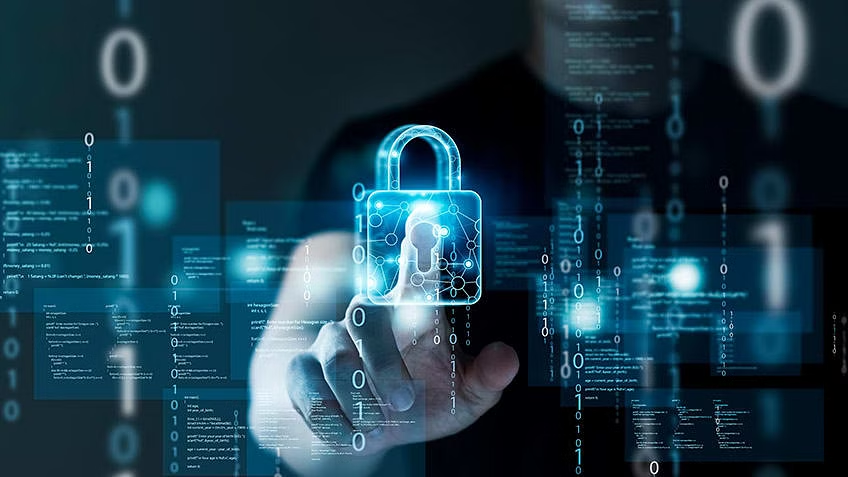Last year remote work opportunities saw an enormous surge and this year the trend will continue, as it is predicted that one in every four Americans will be working from home.
While this shift appears to be advantages for both companies and their employees, there are some unique challenges associated with a remote environment. Specifically, home offices typically don’t have the same security safeguards that traditional corporate offices enjoy, making a high level — or sometimes any level — of information security more difficult to attain.
While office cybersecurity isn’t perfect either, data is more contained and controlled. Once people, data, and devices leave this space, however, information becomes more difficult to protect.
To ensure your remote team and the information they handle are as protected as possible, follow these best practices for working from home.
Amplify Protection for Your Remote Team with These Best Security Practices for Working from Home
Your remote workforce requires the same IT security attention that your corporate offices have — perhaps even more, since individuals will be more reliant on home systems to get work done. Also, consider a mix of cyber and physical security protocols to maximize protection and keep data secured.
Here are some best practices that will help you to create a robust security plan for your staff that work from home:
Physical Security for Remote Workers
Don’t worry — we aren’t talking about security cameras and alarms — but those are great if your staff have them.
At a minimum, they should keep the doors to their home locked. If they have a specific room they are using as an office, it should be fitted with a lock and kept closed and locked when they are not working.
Now, add the following:
Use Only Company-Provided USB Sticks – Even if you find a stick and want to help return it to the person who lost it — don’t. Forty-five to 98% of people do this, and 68% of them don’t take any precautions before inserting the drive into their computer.
Hackers know this, too, so they frequently discard USBs loaded with malware to gain access to sensitive data.
Provide USB Data Blockers for Mobile Employees – Employees that are often on the go and must charge phones, laptops, and other devices from public charging stations at airports and other venues should be equipped with a USB data blocker.
Hackers typically install malicious code onto these public ports to gain access when devices are plugged in. A USB data blocker fits into your phone’s charging port to shield your device from the charging kiosk’s cords, protecting your data from harm during charging.
Don’t Leave Devices in Your Car – Seems like a no-brainer but leaving devices unattended in a car puts them at risk of theft. For employees that travel, educate them on the importance of deleting phone information if they use a rental car’s Bluetooth system while traveling. If this information remains in the rental’s memory, it can be extracted and used to gain access to passwords and other information.
Cybersecurity for Remote Workers
Cybersecurity is complex, but here are some basics to get you started:
Avoid Public WiFi – Again, this seems obvious, but you must have a cybersecurity policy and keep employees educated on good cyber hygiene. Make sure they use personal hotspots instead.
For home use, consider installing a VPN that employees can access. However, VPNs only protect data to and from the provider’s location, so consider adding encrypted remote connection to further secure data in transit.
Use a Dedicated Computer for Work – Discourage the use of personal laptops and other devices to conduct business. Provide a dedicated machine — and phone — for work purposes.
Encrypt Data in Emails – Emails sometimes go to the wrong person. Ensure all sensitive data is encrypted to prevent accidental exposure. Set devices to store data in encrypted form in case of theft or breach.
Let Edwards Business Systems Help You Keep Your Data Safer
The guidelines, above, are important — but they are just the tip of the iceberg. With cyberthreats evolving at a rapid pace, you need the assistance of an IT team with in-depth knowledge of emerging vulnerabilities.
Our team of highly-trained experts at Edwards Business Systems (EBS) can assess your infrastructure, identify weaknesses, and develop a robust cybersecurity program to keep your remote team — and your data — safer.
Don’t leave your data exposed when working remotely. Contact an EBS representative now and learn how our team of experts can help protect your data — and your company — from cyberthreats.




SUBMIT YOUR COMMENT